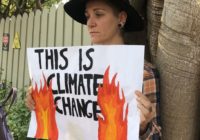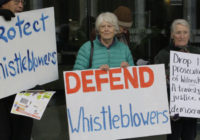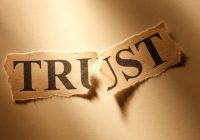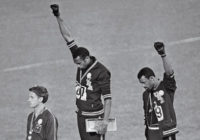The aerobic art of interviewing
One of the most important skills of great journalism is not so much the questions we ask as the answers we hear. We get that by focusing on our interviewees and listening intently to what they say. Award-winning writer and broadcaster Siobhán McHugh writes about ‘aerobic listening’. It can be exhausting but it helps subjects to open up – like a force field. Here she shares the secret of aerobic listening in difficult interviews. Read More










